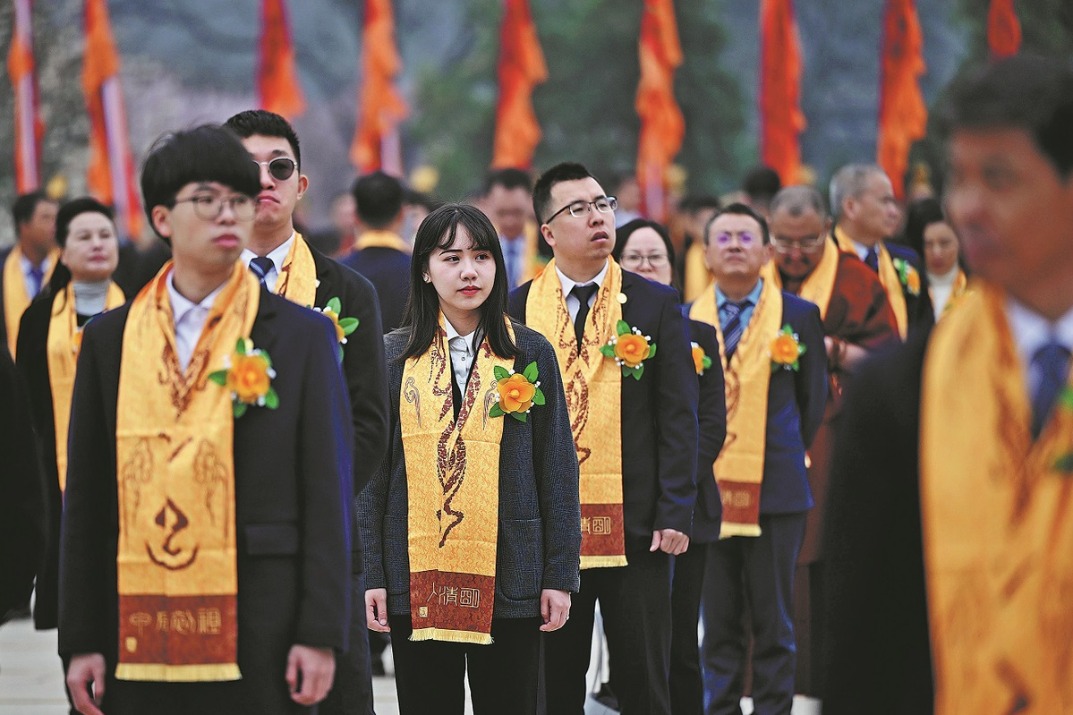Chinese scientists find new evidence of ancient domestication of plants

BEIJING -- Chinese paleontologists have found new evidence of how ancient humans domesticated wild plants, according to the Chinese Academy of Sciences (CAS).
The discovery was made at the Yahuai Cave site, in South China's Guangxi Zhuang autonomous region, where plant remains dating back 30,000 years have been examined by researchers from the Institute of Vertebrate Paleontology and Paleoanthropology under the CAS, the Institute of Archaeology under the Chinese Academy of Social Sciences, and several other institutes.
Researchers at the site examined phytoliths -- microscopic silica bodies that persist long after the plants have decayed -- and found that ancient humans living at the site used and domesticated different plants during different periods. These included elm trees, bamboo, palm trees and Oryza -- a genus within the grass family that includes rice.
The 16,000-year-old Oryza phytoliths provided key evidence for the domestication of wild rice by ancient humans.
The stoneware discovered at the site showed that the region, due to its mild climate at that time, was a refuge for people from the north seeking to survive extreme climate events.
The study was published in the journal Science China Earth Sciences.
- Opening of new flight routes benefits both sides of Taiwan Strait
- Obesity and mental illness on top of health concerns in Chinese youth
- China and US begin talks to send giant pandas to San Fransisco
- China activates emergency response to flooding in southern regions
- Former vice president of China Development Bank indicted for bribery
- Wang Kai: guardian of Jilin's migratory birds




































